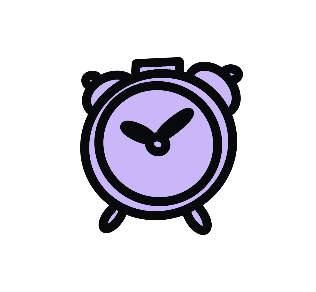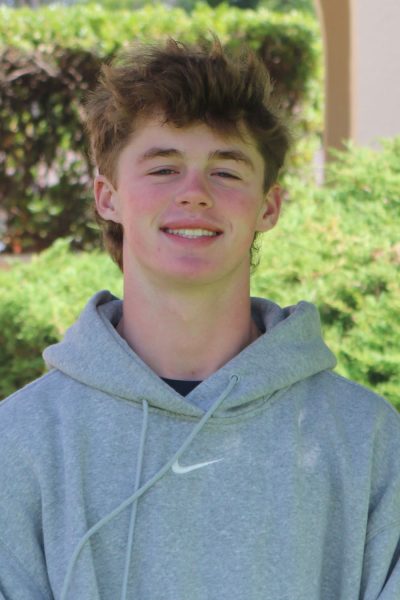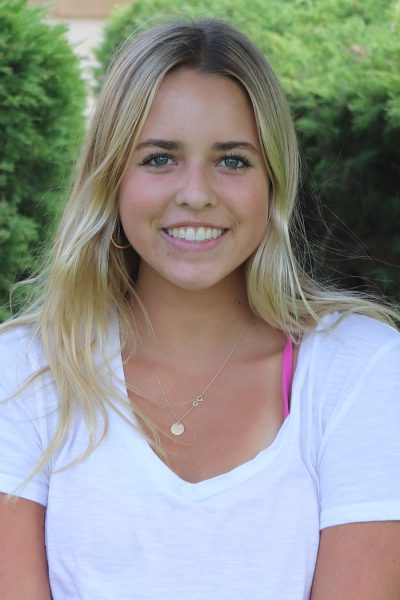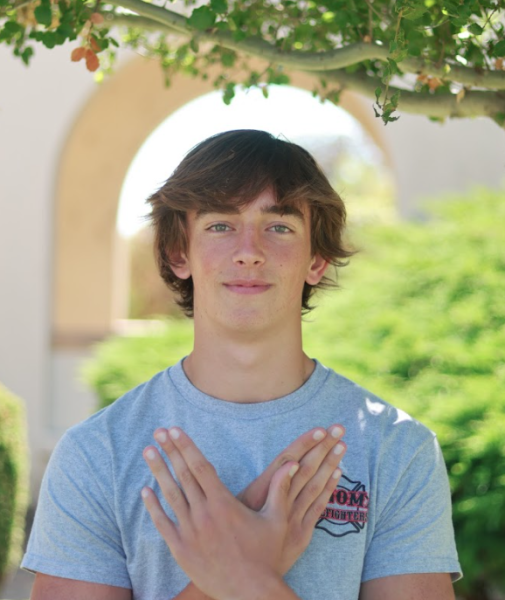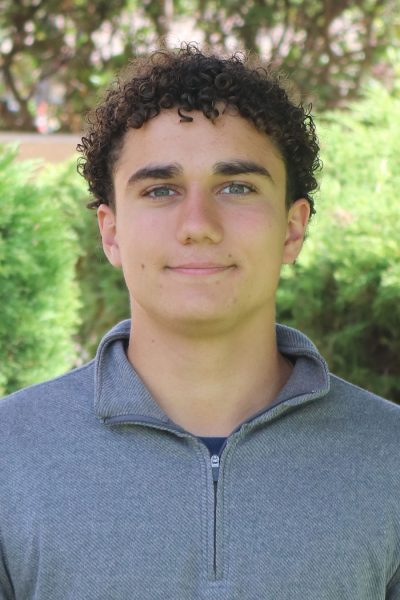Known to have a competitive academic environment, Paly students struggled to maintain healthy sleeping habits. To counteract this, Paly shifted to a 9am start time. But did this change actually have the positive impact it was supposed to?
The timing of school days significantly affects student-athletes who must navigate both academics and sports. While the later start time at Paly is intended to benefit overall student well-being, its impact on student-athletes schedules is becoming increasingly evident.
With practices and games often extending well into the evening hours, student-athletes find themselves faced with the intimidating task of balancing their academic responsibilities with the strict demands of their athletic commitments. Especially within Paly, a school known for its academic excellence, student-athletes like freshman Justin Fung are more likely to feel the weight of expectations.
“I feel like I’m constantly juggling school and sports,” Fung said. “Missing classes for games puts me behind in school and it’s extra hard to keep up, especially at a school like Paly.”
Pushing back school start times might seem like a good idea at first, as it gives students more time to sleep in the morning. However, this delay means student-athletes like senior Jason Auzenne have less time to complete homework after school, leading to late night studying and fatigue.
“I think it takes away from after school activities separate from sports, and makes me lose sleep in the long run,” Auzenne said. “Although I do appreciate sleeping in, I don’t like it because it leaves me with little time after (football) practice to do other things like homework, walking my dog, or spending time with family.”
Aside from loss of sleep, later start times means school ends later as well, and since games aren’t pushed back to accommodate the late start, athletes often have to miss entire class periods to play. Games cutting into the school day disrupts student-athlete’s learning, and forces students to teach in-class material to themselves without the support of a knowledgeable teacher. What’s more, athletes often miss crucial tests or assignments, and need to allocate free time during or after school to make them up and avoid a drop in their grades. When student athletes are already lacking free time, this can lead to students not being able to feasibly make up missed work or lessons. Science teacher Margaret Deng expresses what shes seen through her years of teaching.
“From what I’ve seen the general trend is yes, they tend to fall behind, not just in fourth period but also in other classes, as their outside commitment is too much,” Deng said. “I have swimmers in class and it affects them in class, they are tired in class and busy outside of class. They have no time to rest.”
Junior Sam Helft highlights another challenge that arises from missing class: procrastination.
“Obviously I like being able to miss class for lacrosse games, as I’d much rather be playing lacrosse than sitting in a classroom,” Helft said. “But missing class consistently can cause me to procrastinate. I know that I won’t be at class the next day so I don’t feel motivated to do my work. Lacrosse is sometimes an acceptable excuse for my teachers, but it eventually puts me behind.”
Paly currently uses online resources such as schoology to let students learn remotely when they miss class. Some students like Jake Wang think that schoology is a great place for resources.
“Most teachers generally put material from the day of the class and future classes on their class Schoology page,” Wang said. “This makes it easier for students to understand what happened in the class they missed.”
The use of technology still places a lot of responsibility on student-athletes who may not be able to handle it effectively, which can be an issue for teachers as well as students.
“Something that I do not appreciate is when [students] return to class the following day and expect me to ‘catch them up’ during class time,” Ambrosio said. “I feel that they are responsible for looking on Schoology to see what activities were done and get them done on their own time.”
Teachers can’t prioritize athletes over other students, so open communication between teachers and student-athletes is key to ensure that academic success remains a priority alongside athletic pursuits.
“I do not offer any special accommodations, per se, for student-athletes. If they are doing their part and still need support, then I can meet with them during Prime or after class,” Spanish teacher Angela Ambrosio said.
Stronger collaboration between teachers and student-athletes can work when done effectively.
“I really appreciate how if I have to miss a class for any sport, teachers are mostly willing and happy to help me with any questions,” Fung said.
There is no one solution to the daunting task of balancing classes, athletics, and sleep. The most important thing for students to do is to be mindful of their limited time outside of school, and communicate with teachers when they are struggling.



